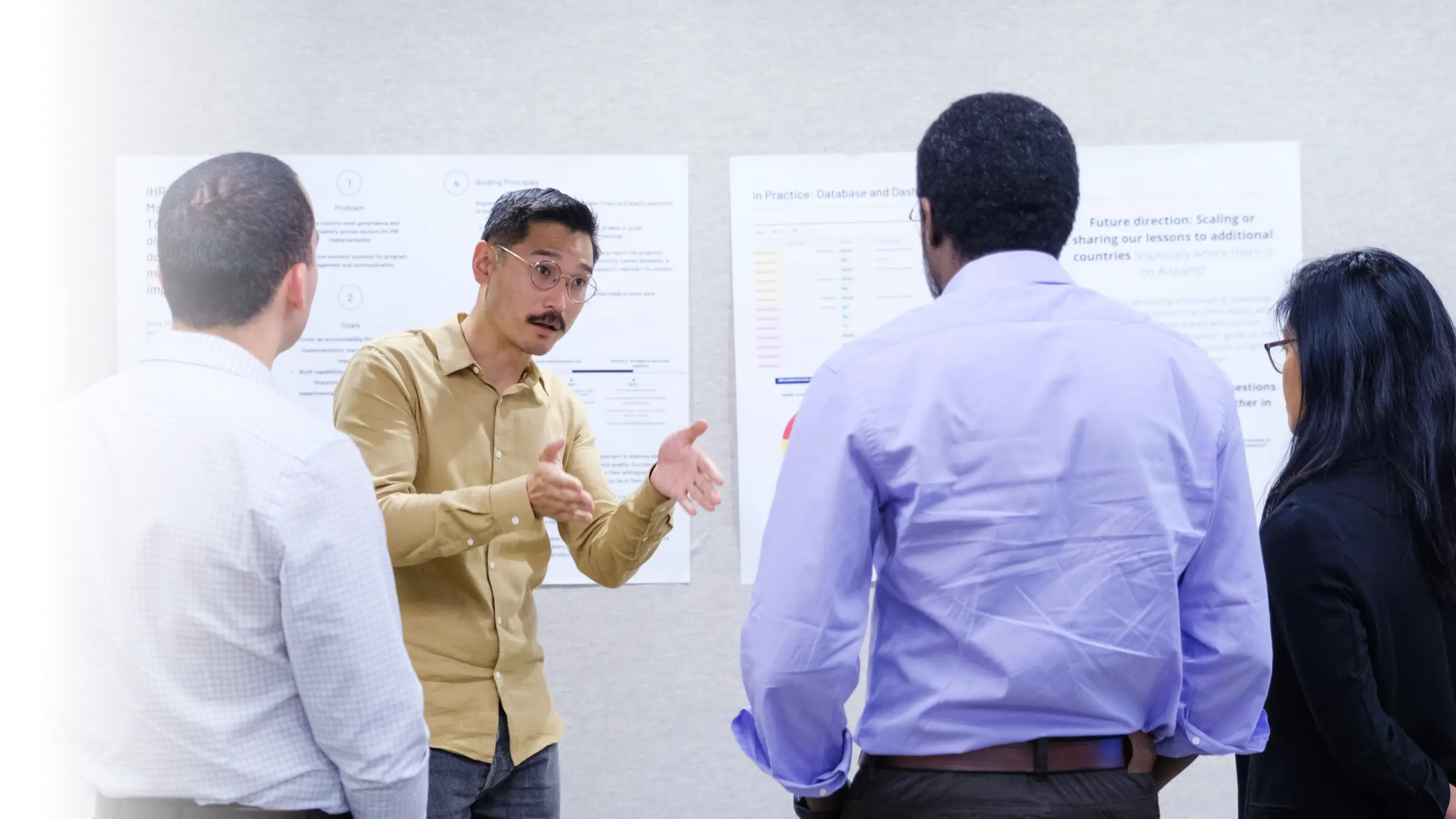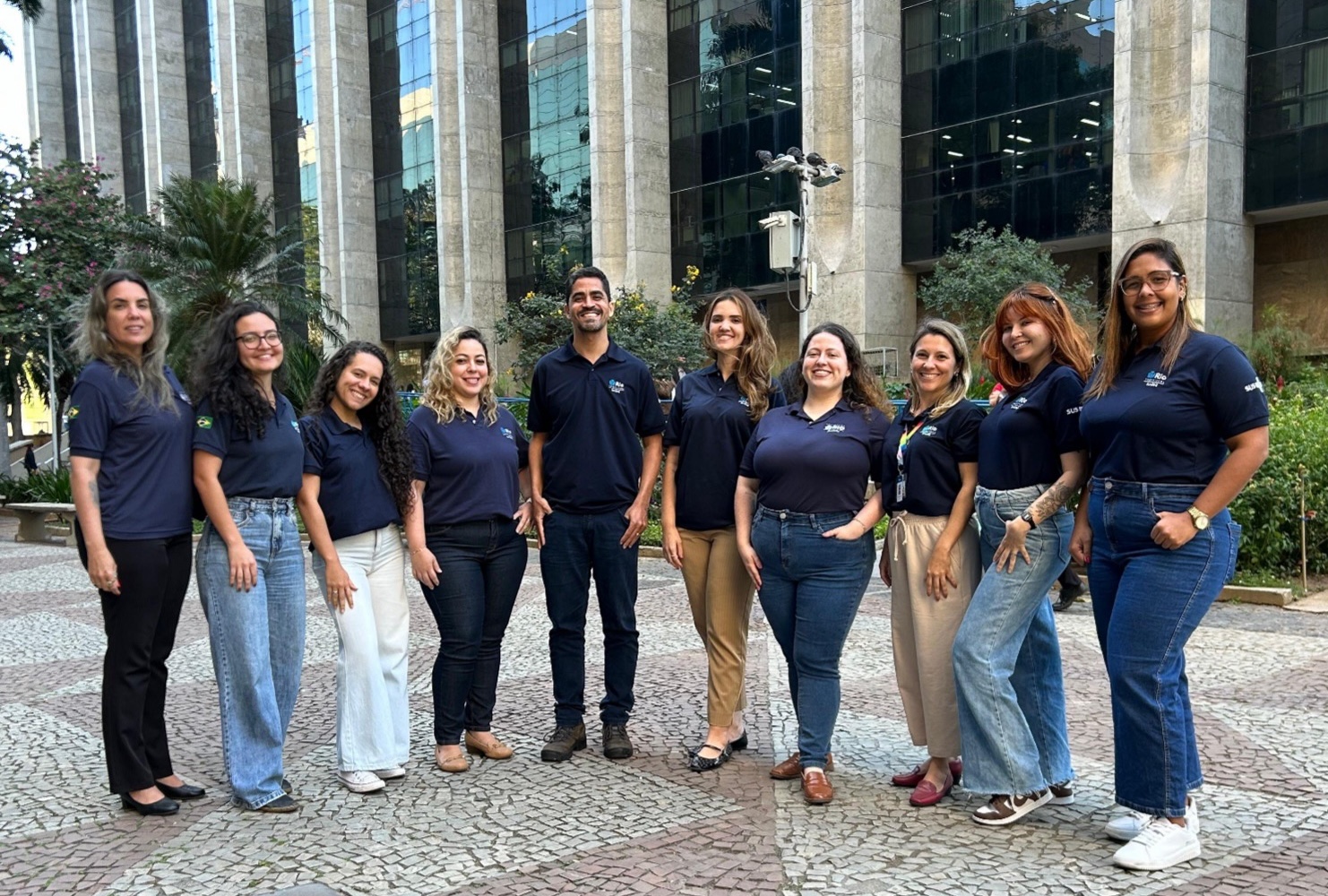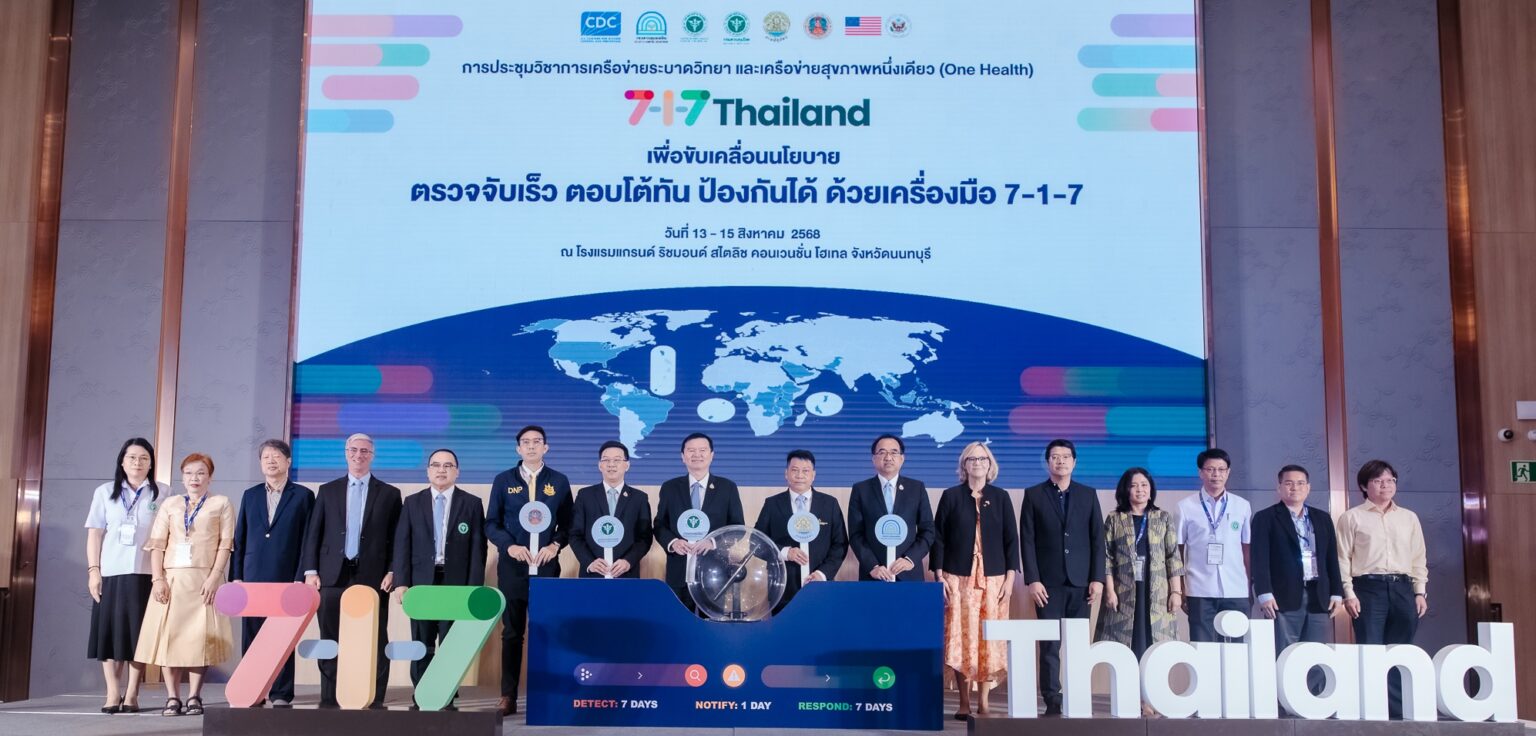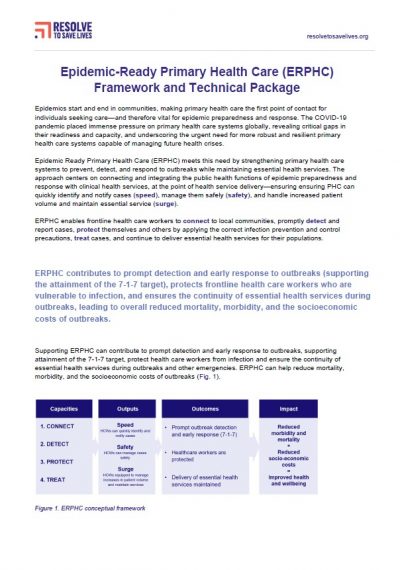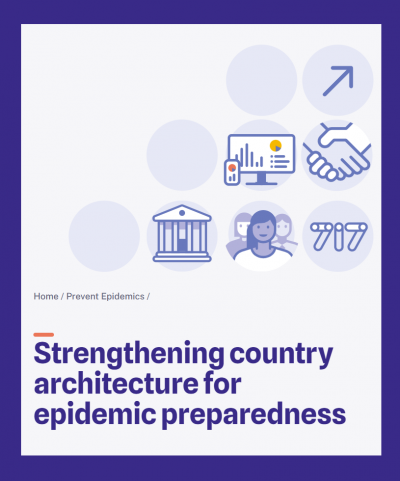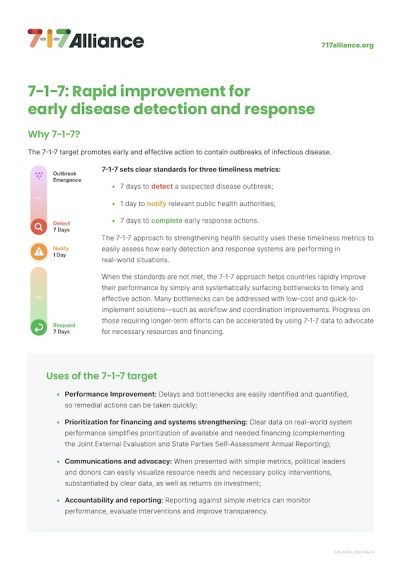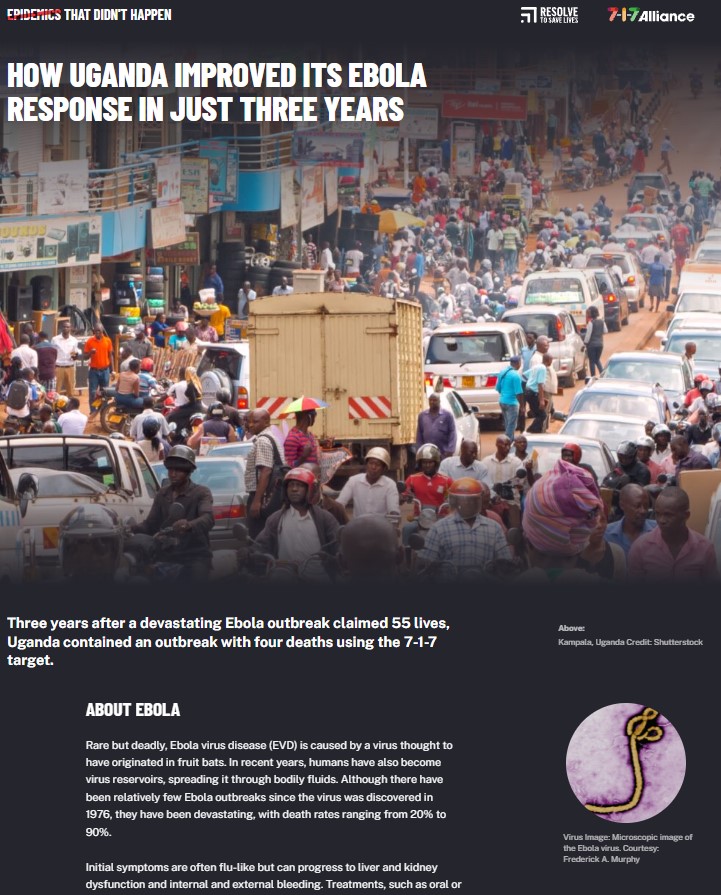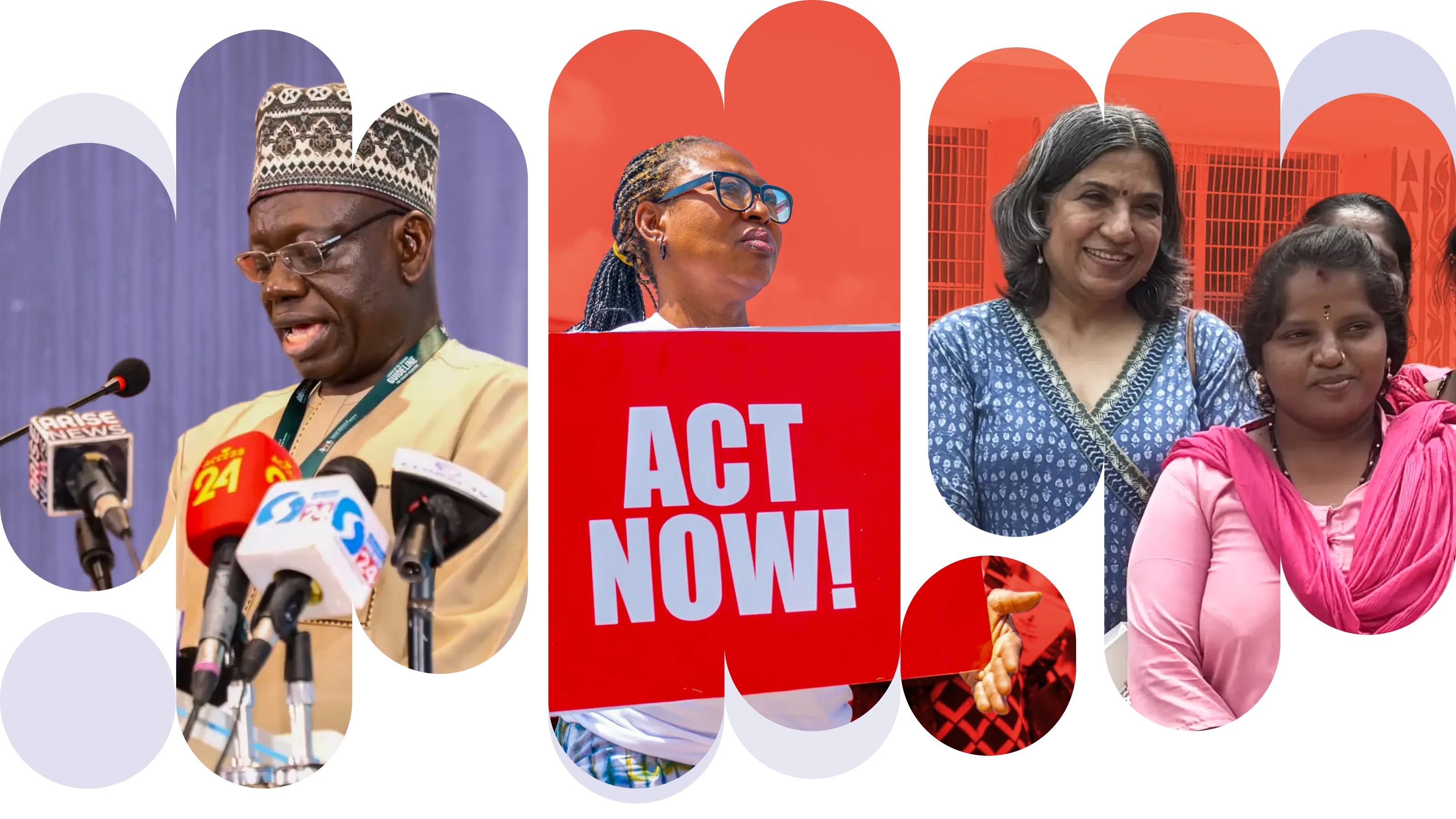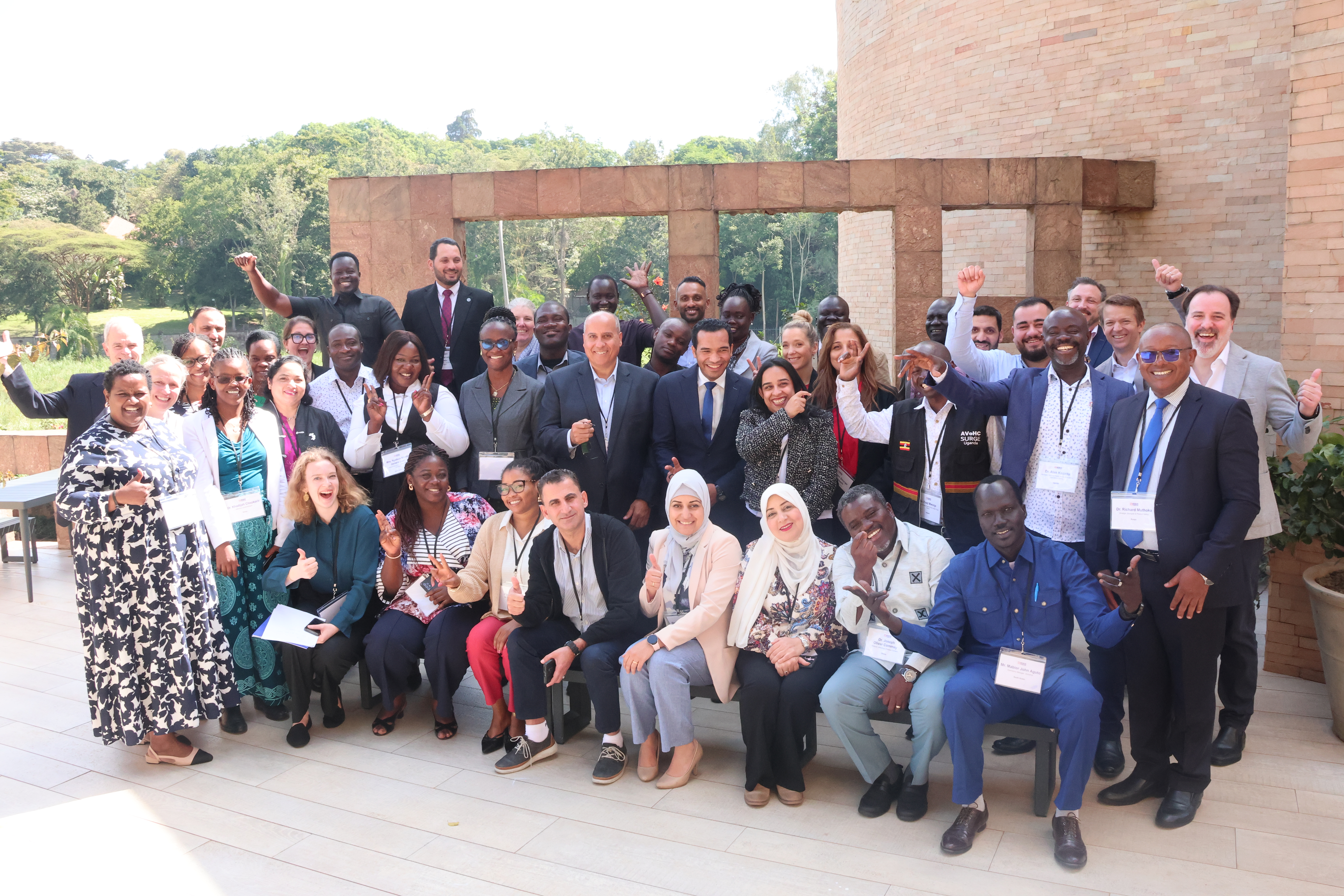You’ve been redirected from preventepidemics.org.
Prevent Epidemics is part of resolvetosavelives.org.
How we save lives / Epidemic prevention
Epidemic prevention
Outbreaks can be stopped before they become epidemics—saving millions of lives and livelihoods.
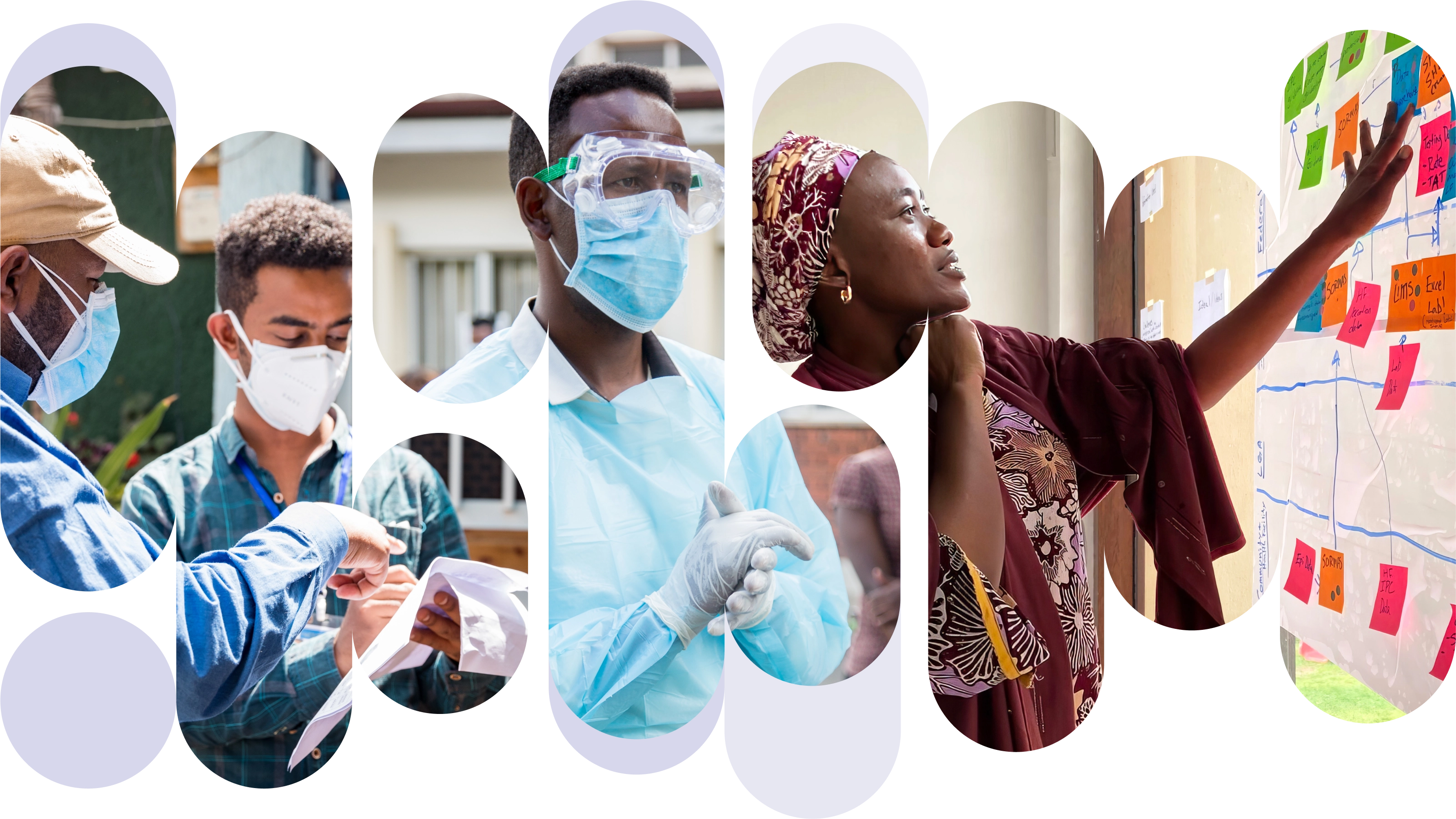
Strategies for epidemic prevention
Why epidemic prevention?
Preventing epidemics costs far less than responding to crises. Through global collaboration and strategic resource allocation, we can find and stop outbreaks before they spread out of control.
deaths
each year from communicable diseases
(Source: WHO: 2024)
Preparedness works. Even with tight budgets and limited resources.
How we prevent epidemics
We work with high-risk countries to strengthen key aspects of their health security systems and elevate those lessons globally. We enable countries to scale up their technical expertise, develop operational excellence and build political will for public health action.
Our approach to epidemic prevention equips countries to find and stop outbreaks quickly so the whole world is safer from epidemics.
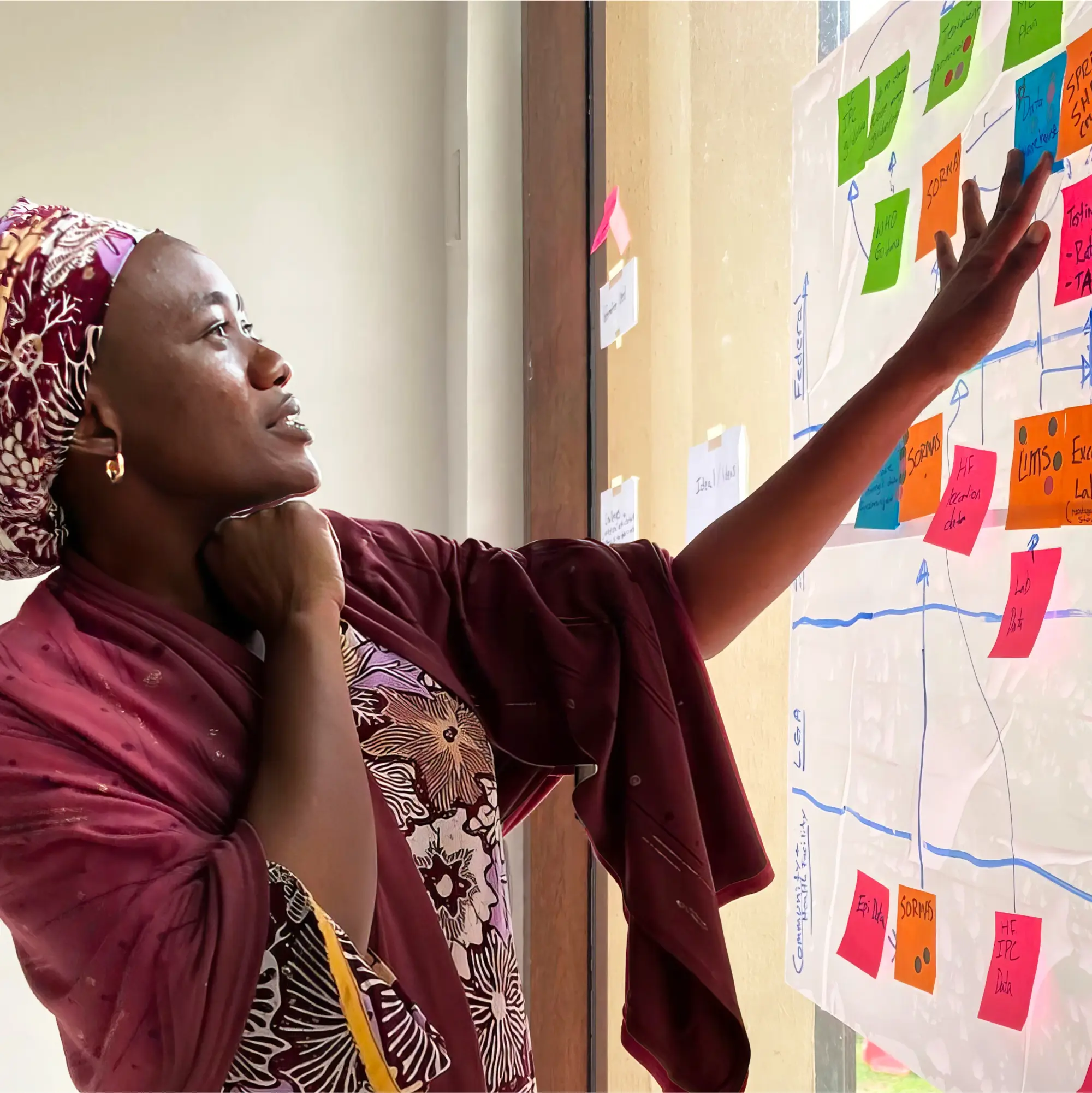
Collaborative surveillance
Real-time data from multiple sources for better risk monitoring, early detection and informed decisions that prevent outbreaks from spreading.
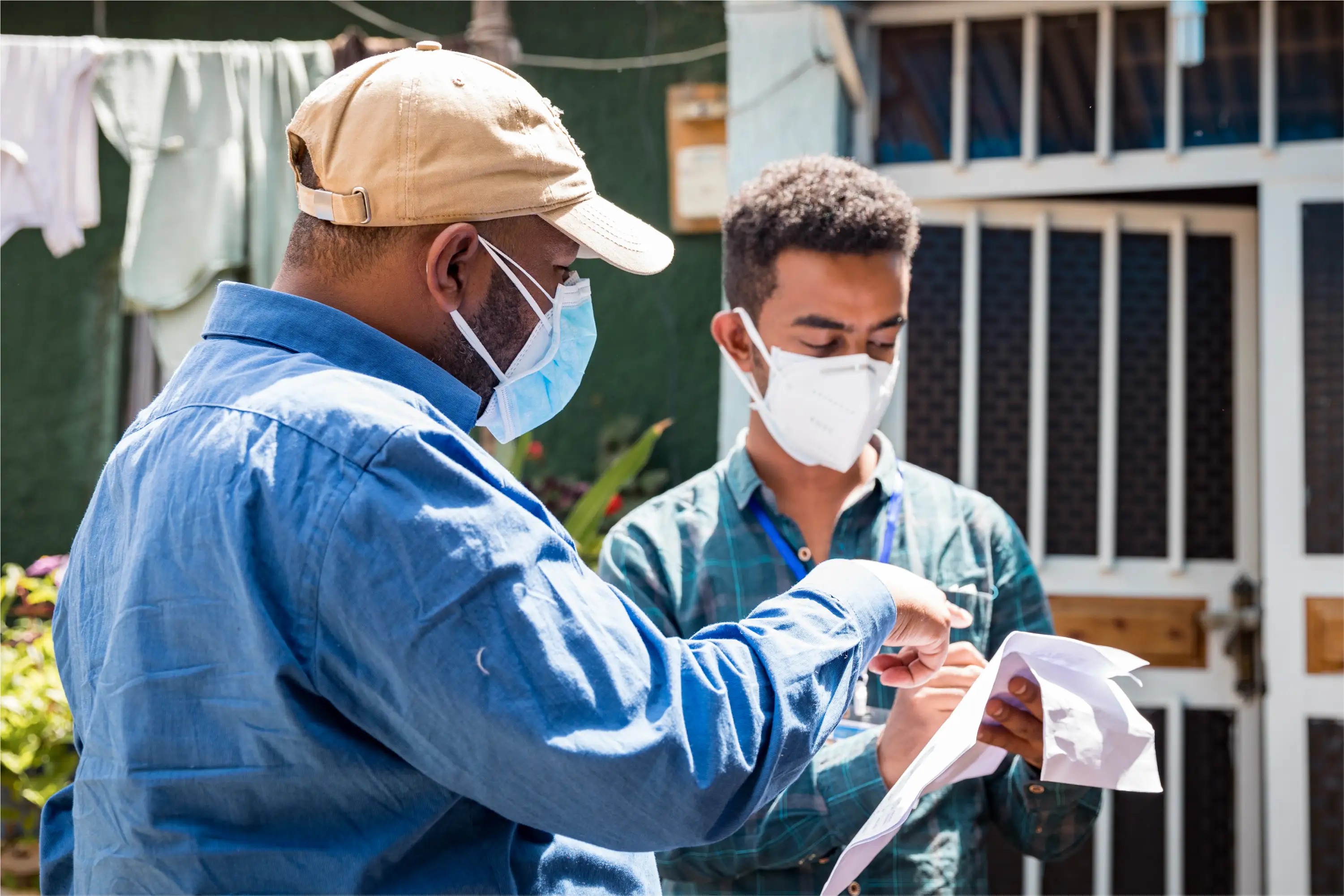
7-1-7: A global target for faster outbreak detection and control
A universal standard for rapid and effective response to outbreaks means we can hold the world accountable for preventing epidemics.
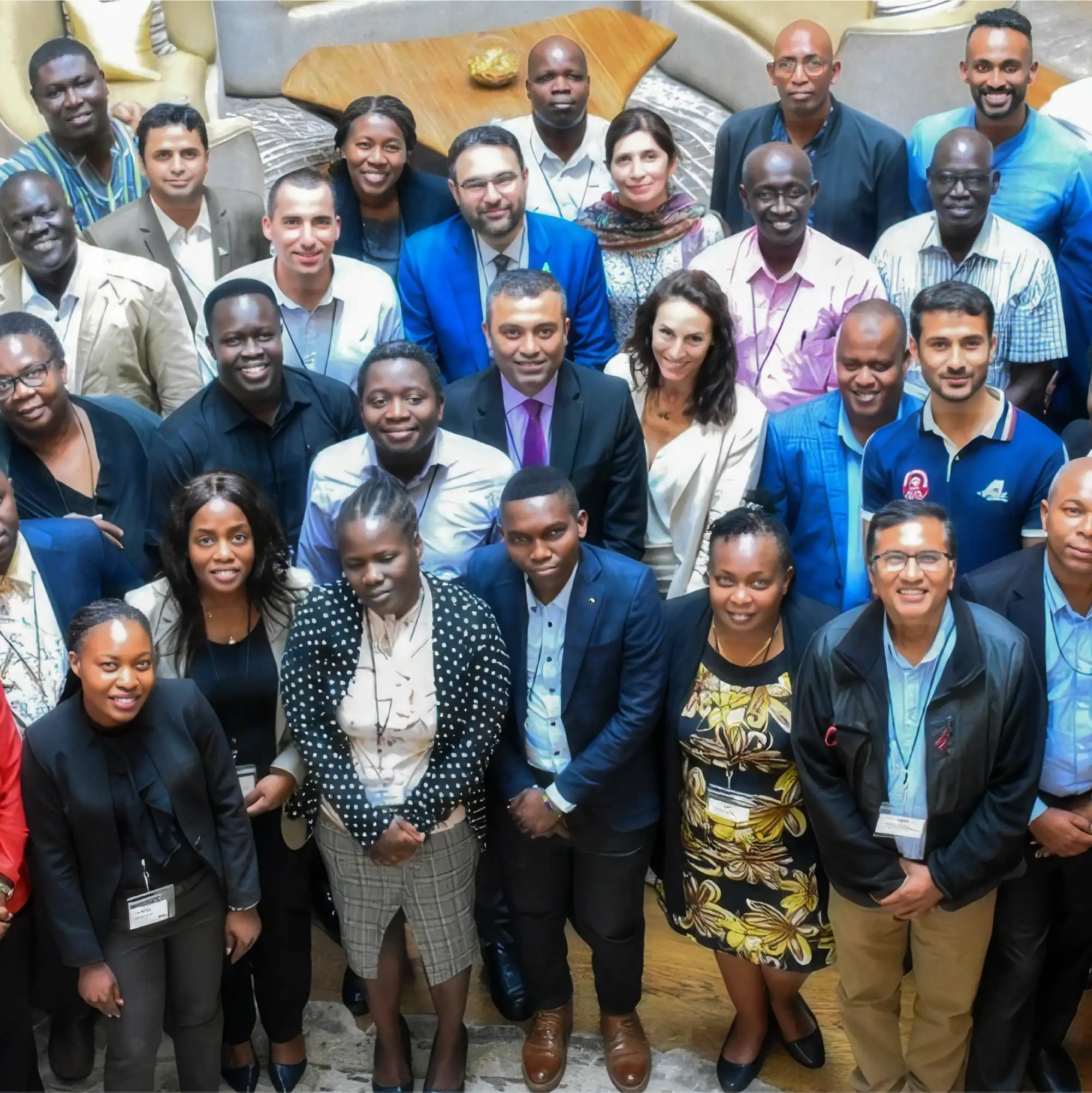
Program Management for Epidemic Preparedness (PMEP)
A leadership and management initiative that enables teams to accelerate epidemic preparedness in their countries.
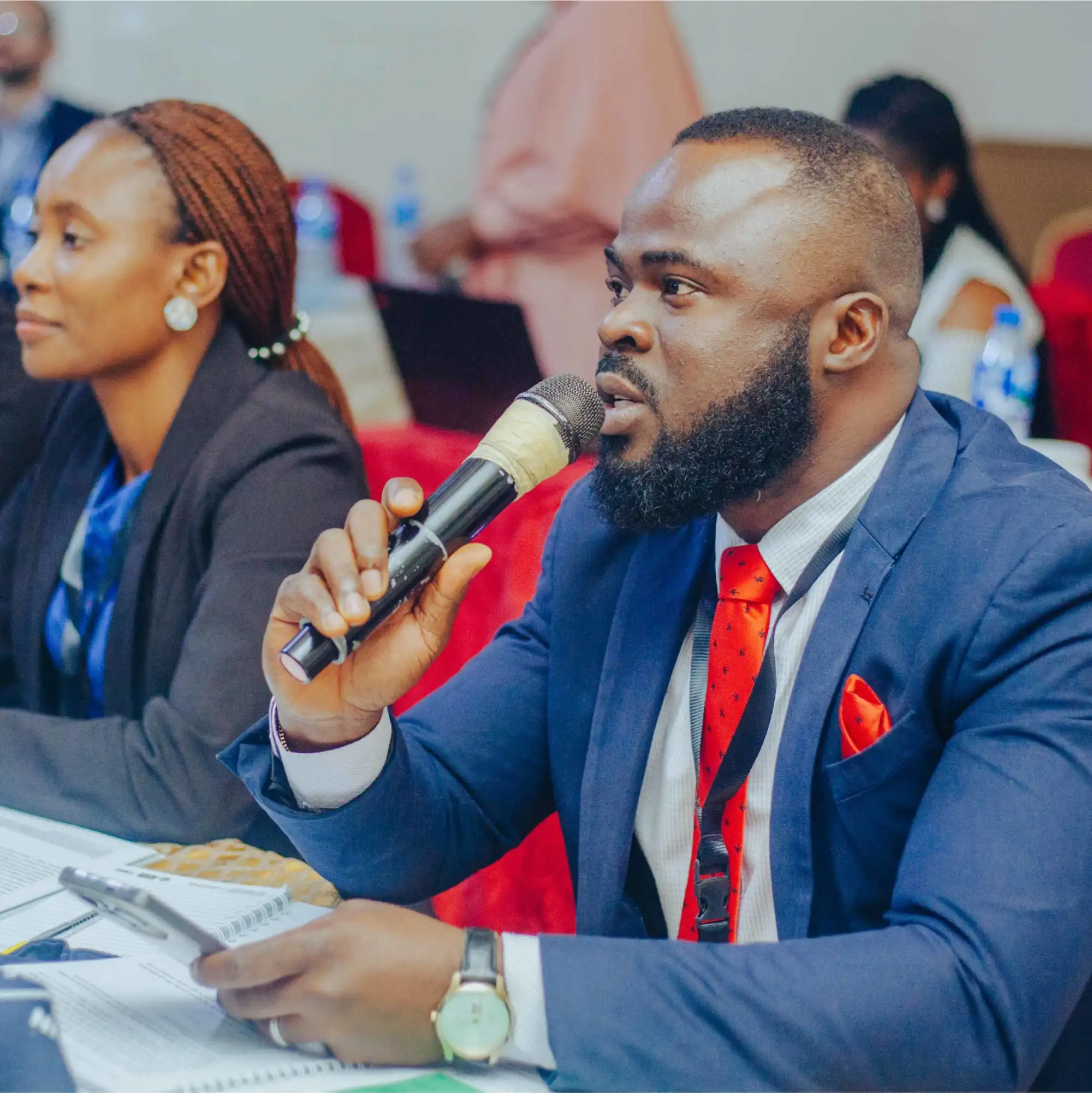
Laws and regulations
The right national and subnational laws to enable decisive, coordinated action for health security, aligned with global standards.
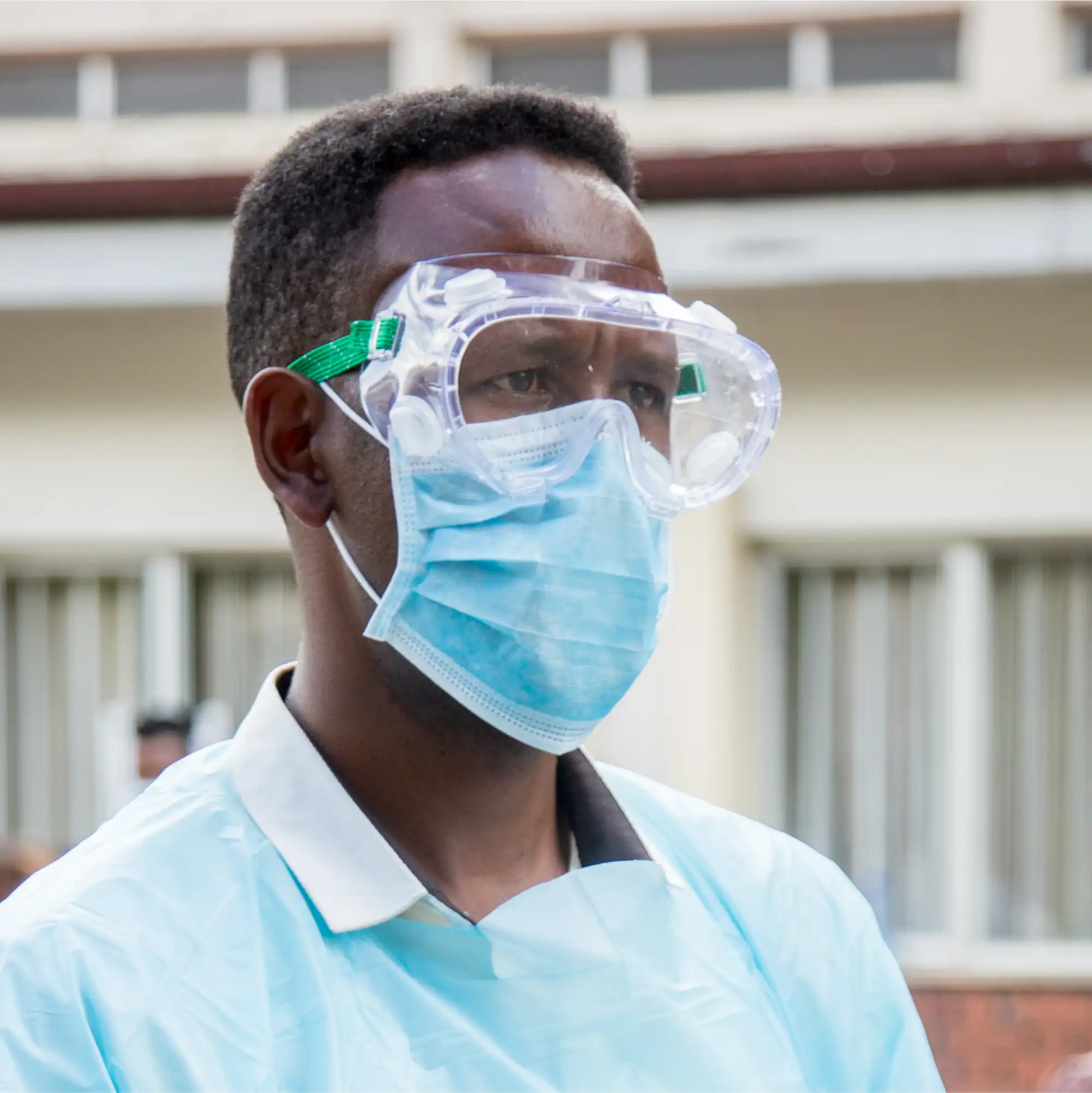
Epidemic-ready primary health care
Frontline health care workers empowered to prevent, detect, and respond to outbreaks while safely maintaining essential health services.
Explore
Epidemics that didn’t happen
Read our reports showcasing outbreaks that were stopped in their tracks.
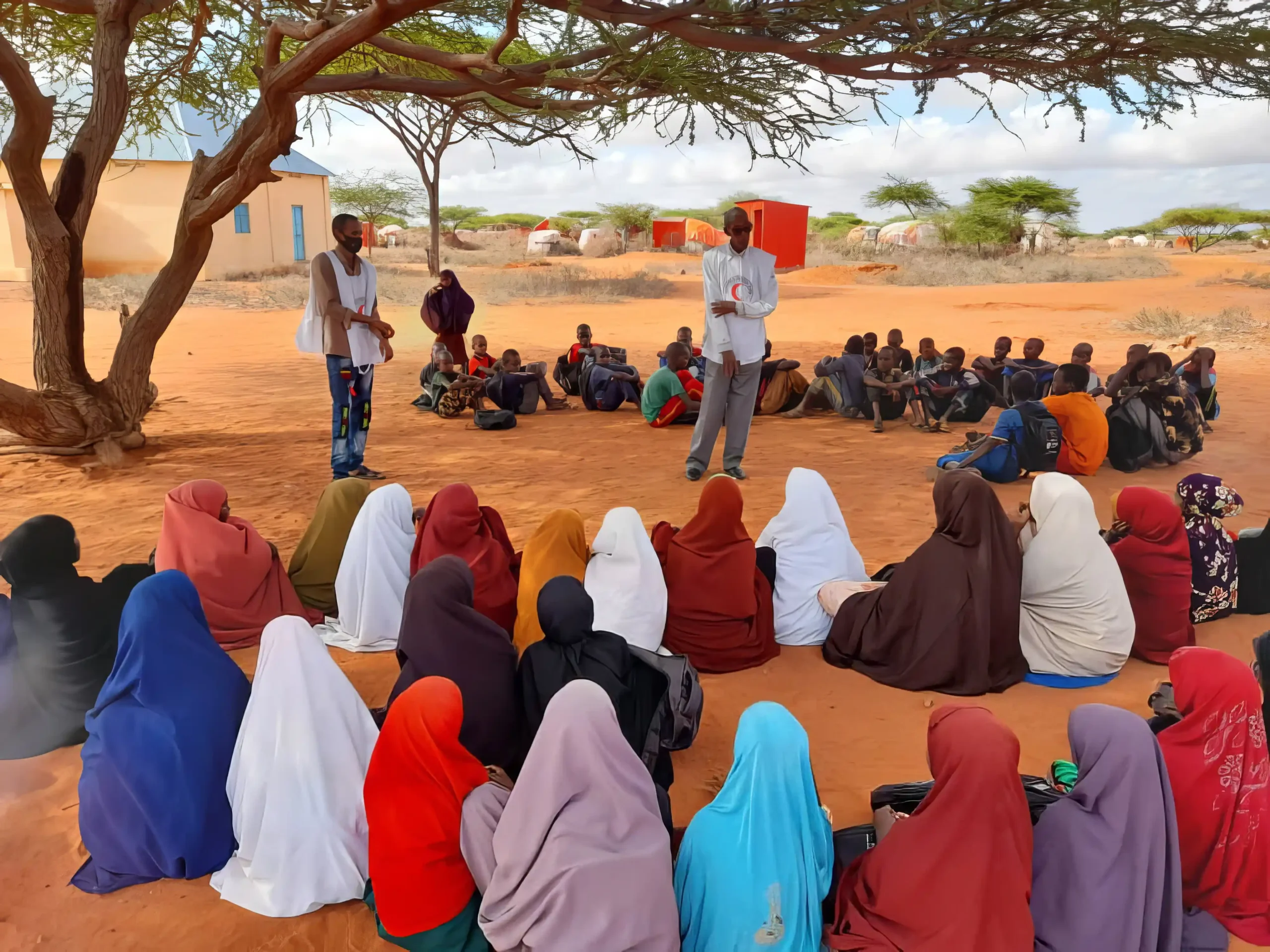
COVID-19
Epidemic prevention is part of our DNA.
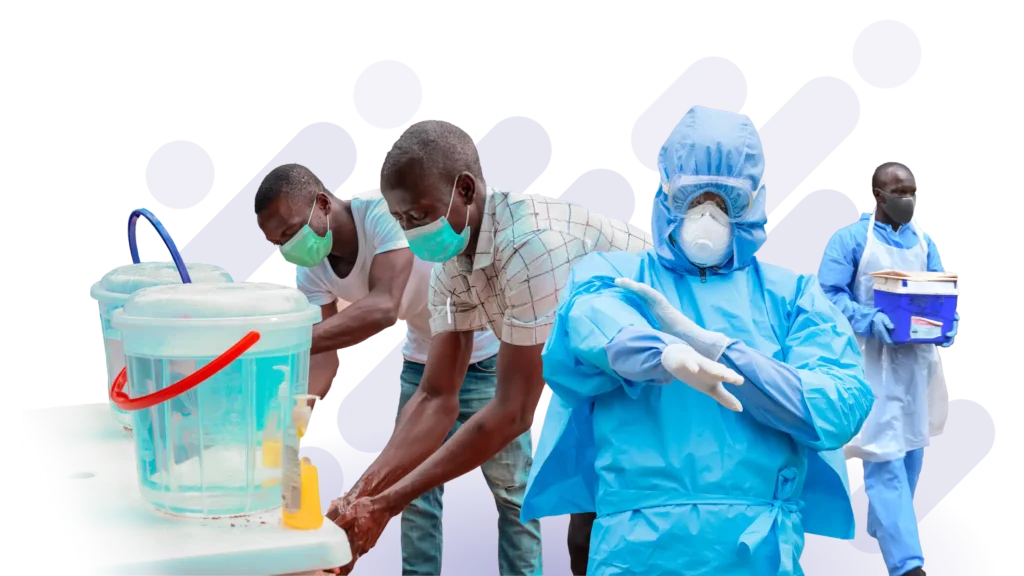
Health care workers & epidemic preparedness
Health care workers are on the frontlines of epidemics and carry the greatest burden.
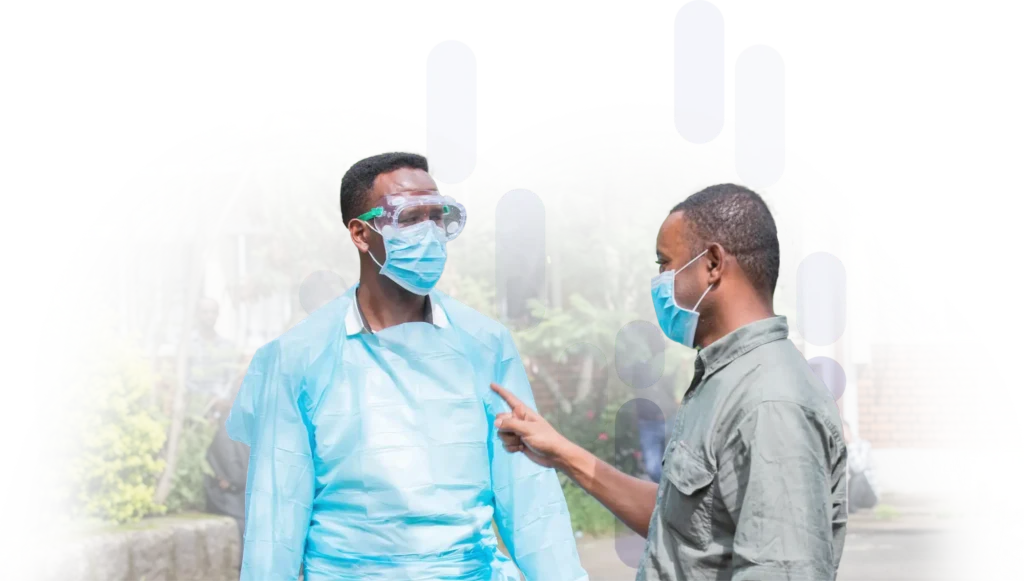
Partners
World Health Organisation (WHO)
Benchmarks for health emergencies
We partner with the World Health Organization to standardize best practices for preparedness, including developing a benchmarking tool to simplify and accelerate preparedness planning under International Health Regulations.
The cost of health care worker infections
In our advocacy efforts to protect health care workers, we released a joint report with the World Bank to calculate the true cost of health care worker infections during the COVID-19 pandemic, as well as wider socioeconomic implications.
How we work
We strengthen health security through our partnerships with governments, countries and global agencies by offering technical assistance, capacity building and advocacy support.
